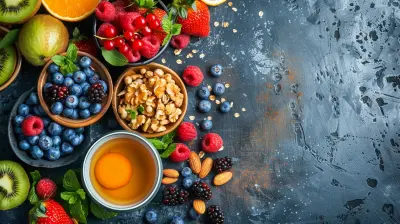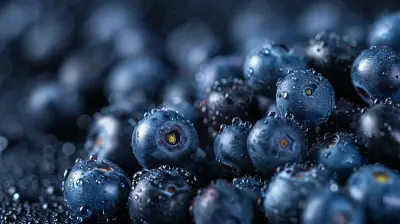Exploring the Link Between Veganism and Reduced Cancer Risk
28 April 2025
Cancer is one of the biggest health concerns globally, claiming millions of lives each year. While medical advancements have improved early detection and treatment, prevention remains the most effective approach. And guess what? Your diet plays a significant role in reducing your risk of developing cancer.
One diet that has been making waves in the health industry for its potential cancer-preventive properties is veganism. But is there really a link between going vegan and a lower cancer risk? Let’s dive into this fascinating topic!
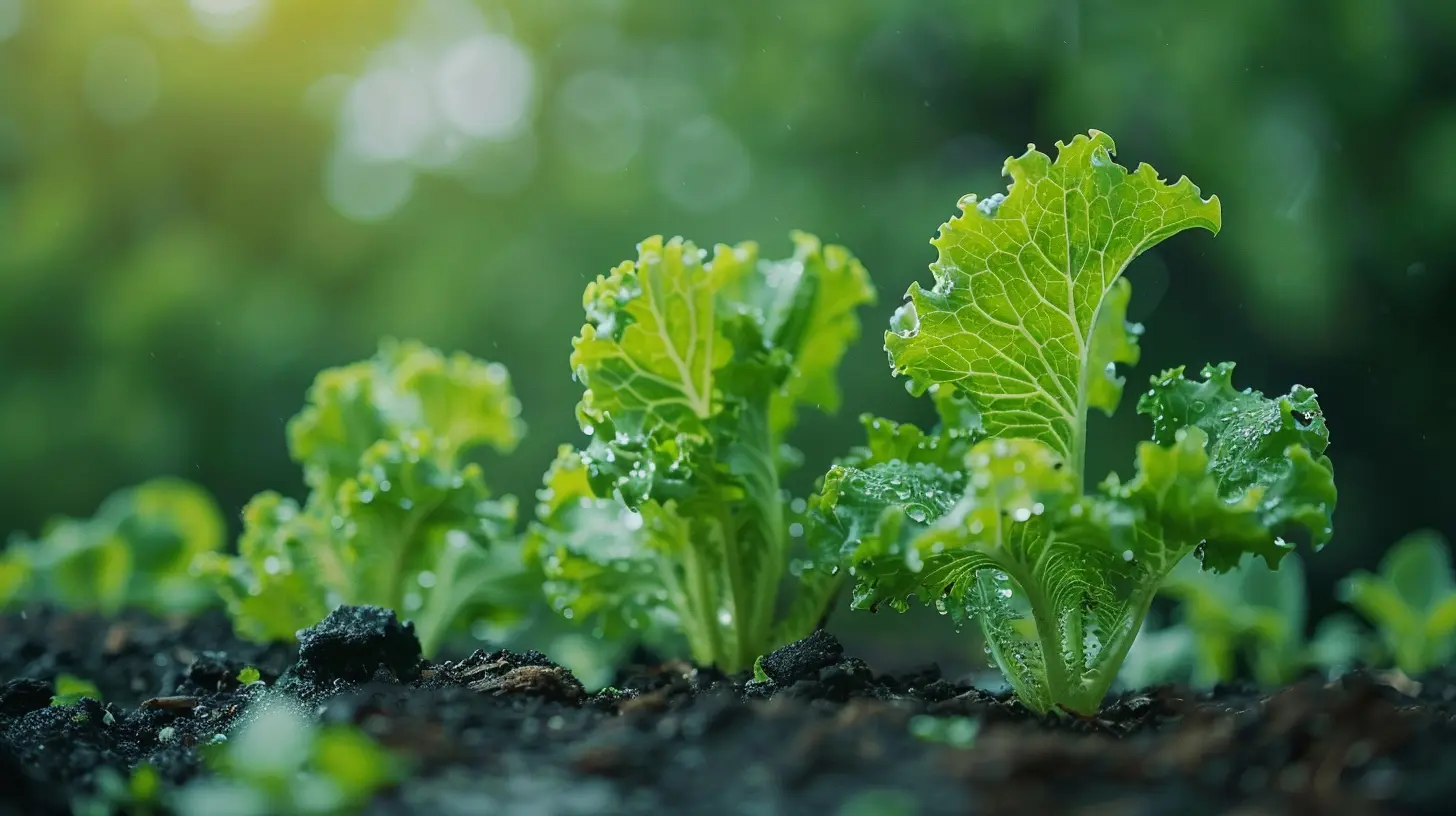
What Is Veganism?
Before we jump into the cancer connection, let's get a clear picture of what veganism is. A vegan diet eliminates all animal products, including meat, dairy, and eggs. Instead, it focuses on plant-based foods—fruits, vegetables, nuts, seeds, legumes, and whole grains.People choose veganism for various reasons, including ethical concerns for animals, environmental impact, and, of course, health benefits. But could cutting out animal products actually help protect against cancer? Science suggests it might!
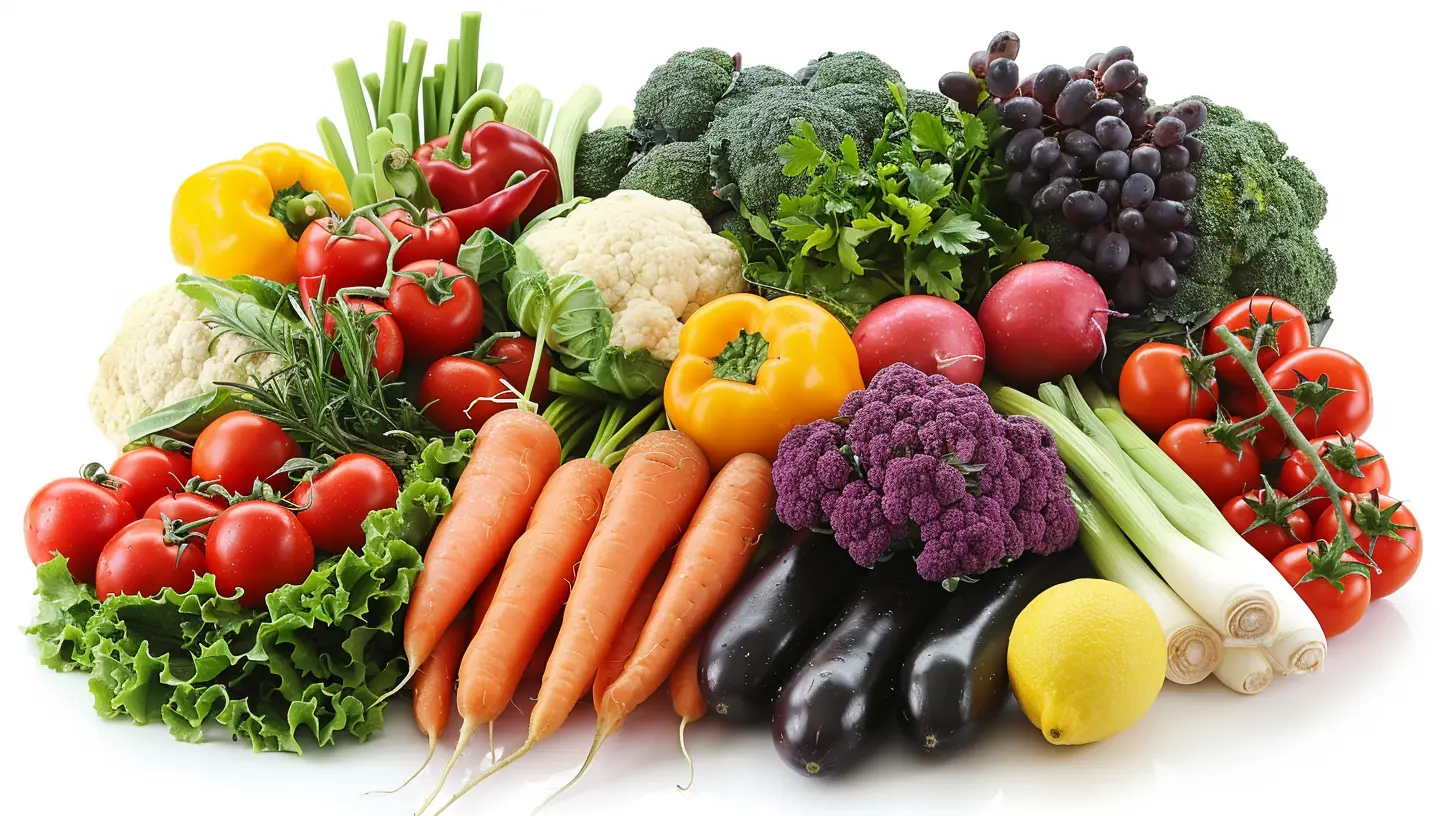
How Diet Affects Cancer Risk
Diet plays a crucial role in either increasing or reducing cancer risk. Some foods are loaded with beneficial nutrients that help the body fight inflammation and prevent cell damage, while others contain harmful compounds that may promote cancer growth.Foods That May Increase Cancer Risk
Certain foods have been linked to an increased risk of cancer, particularly:- Processed meats (like bacon, sausages, and hot dogs) – The World Health Organization (WHO) has classified processed meats as a Group 1 carcinogen, meaning they are known to cause cancer.
- Red meat – While not as dangerous as processed meat, studies have linked high consumption of red meat to colorectal cancer.
- Dairy products – Some research suggests that high dairy intake may be linked to an increased risk of prostate and breast cancer.
- Highly processed and fried foods – These foods often contain trans fats, artificial additives, and acrylamide, a compound formed when starchy foods are cooked at high temperatures, which may contribute to cancer development.
Foods That May Reduce Cancer Risk
On the flip side, many plant-based foods contain powerful compounds that may lower cancer risk:- Fruits and vegetables – Rich in antioxidants, vitamins, and fiber, these help the body fight oxidative stress and inflammation.
- Legumes and whole grains – These are packed with fiber, which has been linked to a lower risk of colorectal cancer.
- Nuts and seeds – Contain healthy fats and antioxidants that support cell protection and immune function.
- Herbs and spices – Turmeric, garlic, and ginger have potent anti-inflammatory and anti-cancer properties.
Now that we’ve covered how diet influences cancer risk, let’s look at why veganism might be particularly beneficial.
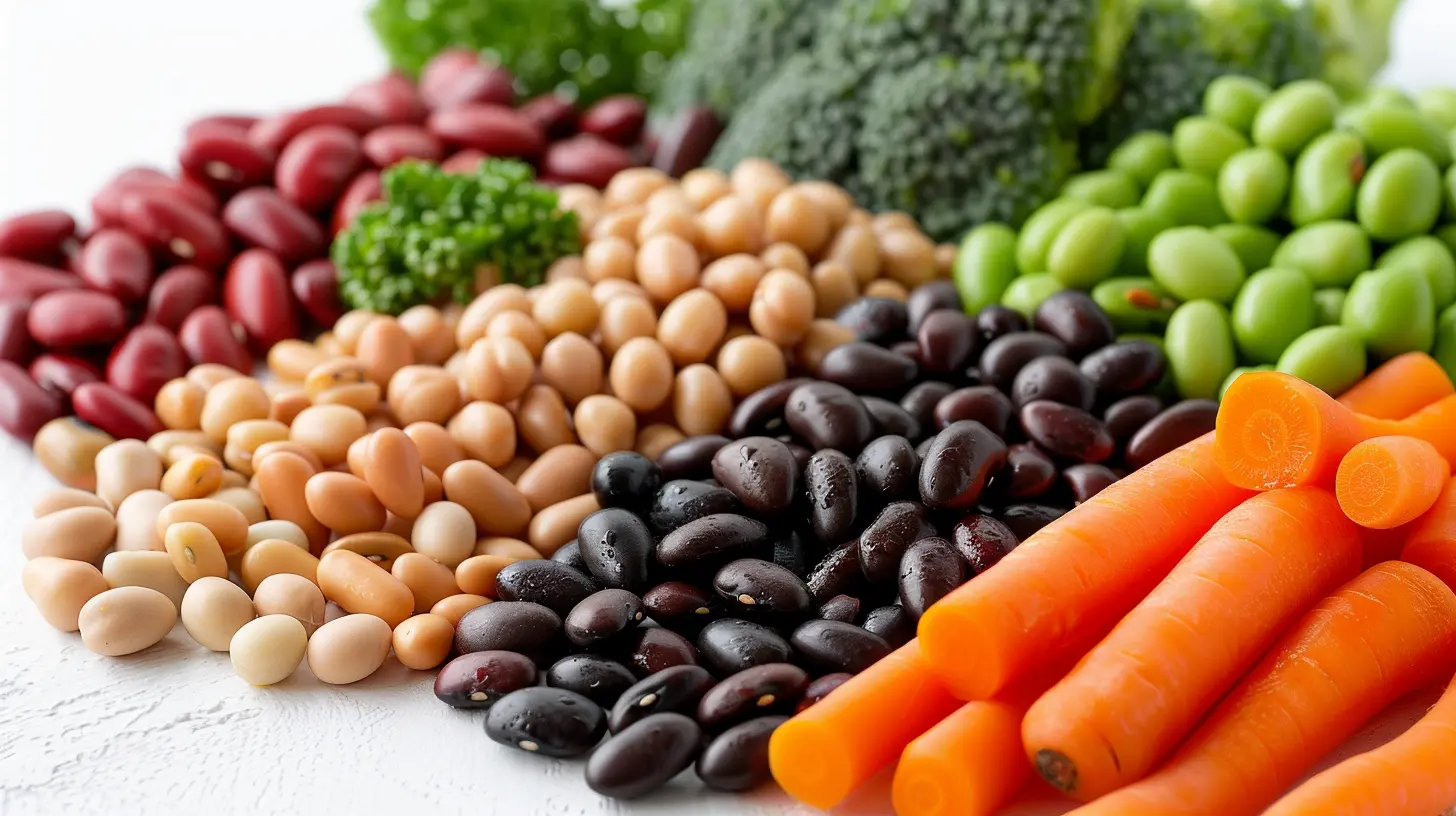
The Science Behind Veganism and Cancer Prevention
Multiple studies have explored the link between plant-based diets and reduced cancer risk. While research is ongoing, there are some compelling reasons why a vegan diet may lower the chances of developing cancer.1. Higher Intake of Cancer-Fighting Nutrients
Plant-based foods are packed with antioxidants, fiber, and phytochemicals—compounds that help eliminate harmful free radicals, reduce inflammation, and promote healthy cell function. These include:- Carotenoids found in carrots and leafy greens, which may help reduce lung and skin cancer risk.
- Flavonoids in berries, tea, and onions, known for their anti-inflammatory properties.
- Sulforaphane in cruciferous vegetables (like broccoli and cauliflower), which has been shown to target cancer cells.
2. Lower Levels of Inflammatory Compounds
Did you know that chronic inflammation is linked to cancer? Many animal-based foods contain pro-inflammatory compounds, such as saturated fat and heme iron, that may contribute to cancer growth.A vegan diet naturally lowers inflammation since it eliminates processed meats, dairy, and excess saturated fats while emphasizing fiber-rich, anti-inflammatory foods.
3. Reduced Hormone Exposure
Certain cancers, like breast and prostate cancer, are hormone-sensitive, meaning they grow in response to hormones like estrogen and insulin-like growth factor 1 (IGF-1).Animal products, particularly dairy and meat, can increase levels of these hormones in the body, potentially fueling cancer growth. In contrast, plant-based foods contain phytoestrogens (natural plant compounds) that may help regulate hormone balance without increasing cancer risk.
4. Healthier Gut Microbiome
Your gut microbiome—the trillions of bacteria living in your digestive tract—plays a crucial role in cancer prevention. A healthy gut helps strengthen the immune system, reduce inflammation, and regulate digestion.Plant-based diets are rich in fiber, which promotes the growth of beneficial gut bacteria. Meanwhile, diets high in red and processed meat have been linked to an imbalance in gut bacteria, which may contribute to cancer development.
5. Lower Obesity Rates
Obesity is a significant risk factor for many types of cancer, including breast, colorectal, and pancreatic cancer. Excess body fat can lead to chronic inflammation and hormonal imbalances, creating an environment that favors cancer growth.Studies show that vegans tend to have lower body mass indexes (BMIs) compared to meat-eaters, partly because plant-based diets are naturally lower in calories and higher in fiber, keeping you full and reducing overeating.
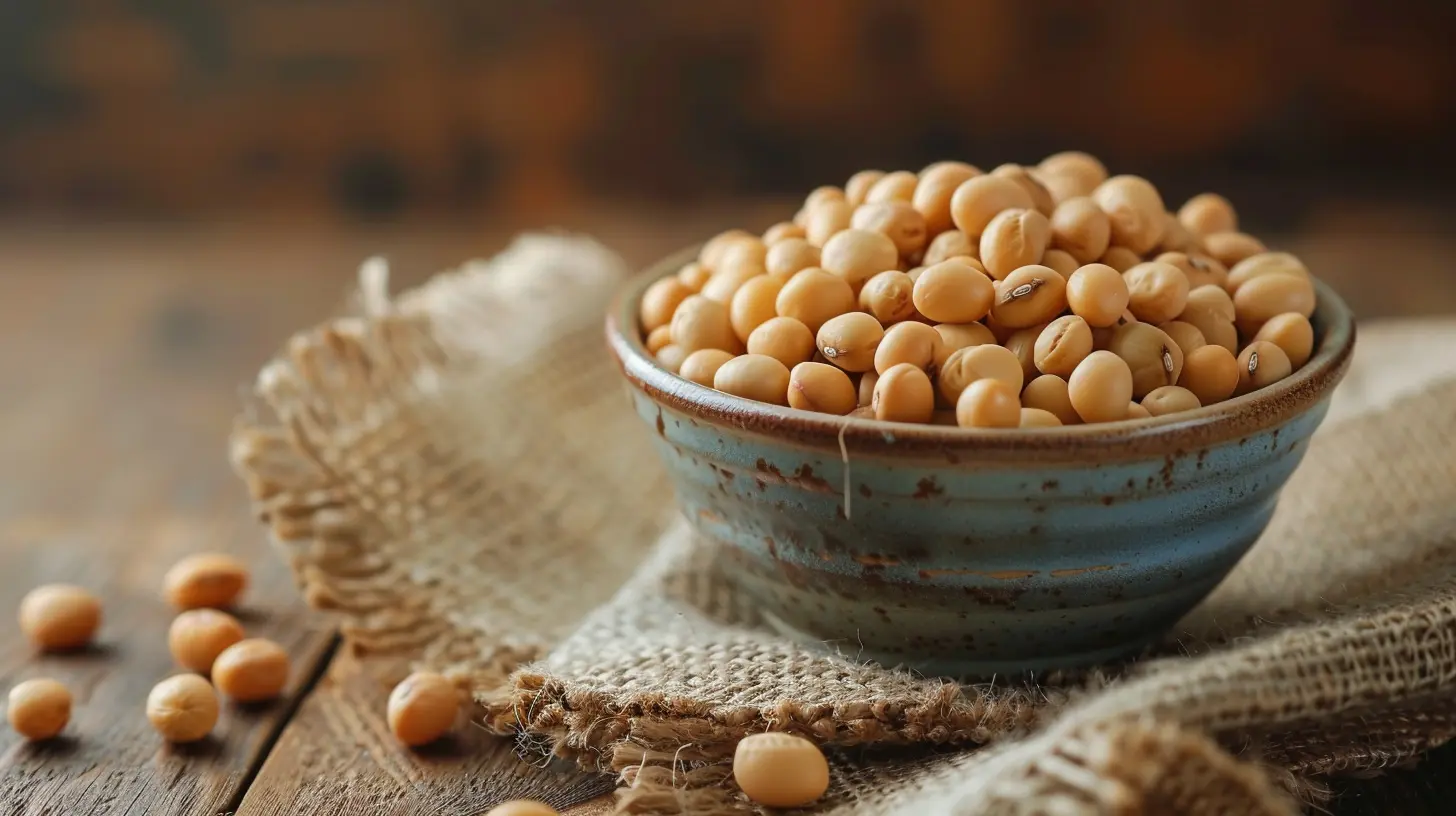
What Do Studies Say About Veganism and Cancer Risk?
Let’s take a look at some scientific studies that have examined the connection between veganism and cancer:- A 2016 study published in JAMA Internal Medicine found that vegetarians and vegans had a 22% lower risk of colorectal cancer compared to meat-eaters.
- A meta-analysis published in the British Journal of Cancer concluded that plant-based diets were associated with a lower risk of breast, prostate, and colorectal cancer.
- A 2019 study in the Journal of the American Heart Association indicated that plant-based diets significantly reduced inflammation and oxidative stress, both of which contribute to cancer development.
While more research is needed, the existing evidence strongly suggests that a vegan diet may provide protective benefits against various types of cancer.
Is a Vegan Diet Right for You?
Switching to a vegan diet can seem overwhelming at first, but it doesn’t have to be an all-or-nothing approach. Even reducing your intake of animal products and increasing plant-based foods can offer significant health benefits.If you're considering going vegan for cancer prevention, keep these tips in mind:
1. Diversify Your Diet
Eating a variety of whole foods ensures you get all the essential nutrients your body needs.2. Pay Attention to Protein
Great plant-based protein sources include lentils, beans, quinoa, tofu, and nuts.3. Get Enough Vitamin B12 and Omega-3s
Since B12 is primarily found in animal products, consider a supplement or fortified foods. Flaxseeds, walnuts, and algae-based supplements are excellent sources of omega-3s.4. Limit Processed Vegan Foods
Not all vegan foods are healthy! Avoid highly processed plant-based junk food and focus on whole, nutrient-dense options.
Conclusion
While no single diet can guarantee cancer prevention, a vegan lifestyle appears to offer significant protective benefits. By eliminating processed meats, reducing inflammation, balancing hormones, and improving gut health, a plant-based diet may lower your risk of developing cancer.At the end of the day, the key to a cancer-fighting diet is focusing on whole, nutrient-rich foods—whether you're fully vegan or simply incorporating more plant-based meals into your routine. Your health is in your hands, and what you put on your plate matters more than you might think!
all images in this post were generated using AI tools
Category:
Vegan DietAuthor:

Laura Hudson
Discussion
rate this article
4 comments
Teagan Harmon
Veganism may lower cancer risk through reduced animal products and increased antioxidants.
May 6, 2025 at 4:45 AM

Laura Hudson
Thank you for your comment! Indeed, the reduction of animal products and a higher intake of antioxidants in a vegan diet may contribute to lowering cancer risk.
Dahlia Adkins
Love this! Veganism's benefits are truly inspiring!
May 1, 2025 at 4:45 PM

Laura Hudson
Thank you! I'm glad you found the benefits of veganism inspiring. 🌱
Echo Shaffer
Veganism isn't just a diet; it's a powerful lifestyle choice that actively combats cancer. Choose health, choose life, choose plants!
April 28, 2025 at 4:51 PM

Laura Hudson
Thank you for highlighting the broader impact of veganism! It's true that many studies suggest a plant-based diet can play a significant role in reducing cancer risk. Your passion for this lifestyle is inspiring!
Vienna McPhee
This article beautifully highlights the potential benefits of a vegan diet in cancer prevention. It’s inspiring to see how our choices can impact our health!
April 28, 2025 at 3:40 AM

Laura Hudson
Thank you for your thoughtful comment! I'm glad you found the article inspiring and informative.

